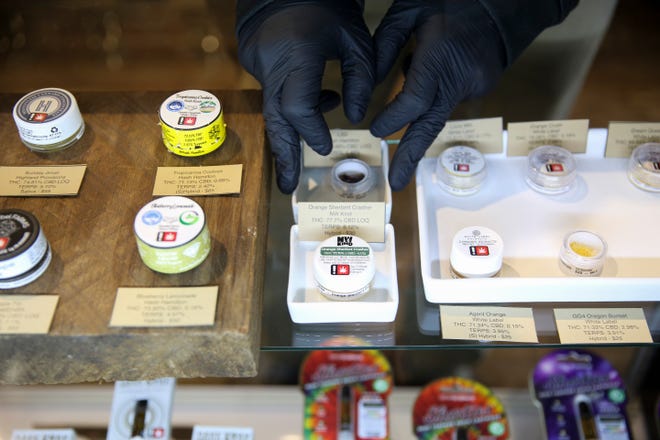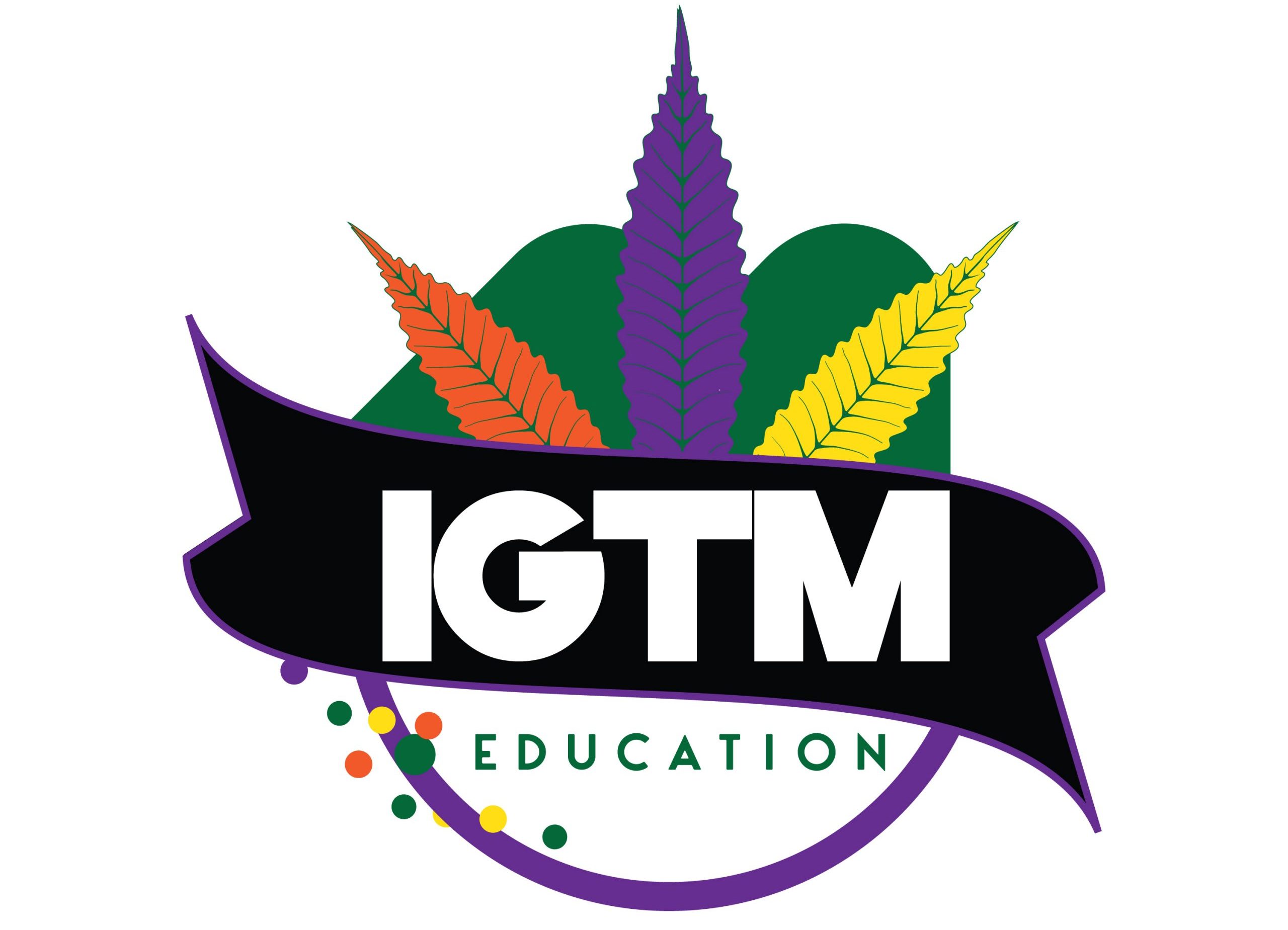
Oregon has approved multiple changes to the regulation of the cannabis industry for the new year, including doubling how much marijuana customers can purchase and allowing home delivery across city and county lines.
In a Dec. 28 meeting, Oregon’s Liquor and Cannabis Commission approved new rules that officials say will help streamline oversight of the industry, decrease violations, expand choices for consumers and help prevent children from accessing hemp products containing THC, according to a news release from the agency.
The changes are in response to the industry’s rapid growth, and will put Oregon more in alignment with other states on marijuana use rules as well as position the state in the export market if marijuana is legalized nationally, officials said.
While some of the new rules took effect Jan. 1, others kick in later this year.
The new rules were driven by two bills passed in 2021. House Bill 3000 established a framework for limiting the unregulated sale of hemp products containing THC. Senate Bill 408 provided the commission with an outline for re-structuring penalties for rule violations by licensees.
The following are some of the changes:
- Consumers can buy two ounces of usable marijuana — up from one ounce — beginning Jan. 1. Edible concentration limits will increase from 50 mg THC to 100 mg per package April 1. Single-serving portions (of no more than 10 mg THC) will need to be scored to make the portion sizes obvious.
- Home delivery will now be allowed across city and county lines as long as local authorities approve of it. Previously, delivery was limited only to the city or county where a cannabis retailer was located.
- To ensure hemp products containing large amounts of THC don’t comingle with general market products, the commission will limit the general market sale of hemp edible products to 2 mg of THC in a single serving, and up to 20 mg THC per container of hemp product. That rule is effective July 1.
- The commission requires that non-intoxicating artificially derived cannabinoids go through the ordinary regulatory review process required for ingredients in dietary supplements or food products. For the commission to approve in the future something like cannabinol (CBN), the CBN would need to meet the standard for a New Dietary Ingredient notification, Generally Recognized as Safe (GRAS). Commission licensees will have 18 months to bring their CBN products into compliance.
- The commission is reducing the time and cost for licensees to report marijuana plant tagging and harvests into the state’s Cannabis Tracking System and improving licensees’ ability to self-distribute their products.
- The commission will begin accepting label applications for marijuana edibles that exceed 50 mg THC in the package. Edibles that exceed 50 mg THC will not be eligible for sale until April 1 regardless of whether a label has been approved.
See a draft of the commission’s new rules here.
Visit the OLCC’s website for more information at oregon.gov/olcc/.
